What is alcohol intake?
Alcohol intake measures the number of standard drinks (1 drink = 10 grams of alcohol) consumed per week. It helps identify patterns and track moderation over time to support balanced wellbeing.
Why does it matter for long-term health and wellbeing?
Regularly monitoring alcohol intake helps maintain energy, focus, mood stability, and recovery. Staying within healthy limits supports balanced metabolism and better sleep, contributing to long-term vitality and performance.
What’s an optimal level of alcohol intake?
- Optimal range (100%): Less than 10 drinks per week and never more than 2 per session
- Typical Australian reference range:
- 20% = More than 10 drinks per week and more than 4 per session
- 40% = More than 10 drinks per week, but less than 4 per session
- 60% = 10 drinks per week with reduced frequency or quantity
- 80% = Less than 10 drinks per week and never more than 4 per session
- 100% = Less than 10 drinks per week and never more than 2 per session
What influences alcohol intake levels?
Lifestyle habits, stress, social environments, and sleep quality can all influence alcohol consumption. Tracking these patterns helps identify triggers that affect your overall balance.
What does it mean if alcohol intake is outside the optimal range?
A higher intake may signal that habits are drifting beyond moderation, potentially affecting energy, hydration, and recovery. This is a useful cue to reflect on consumption frequency and find small, sustainable ways to cut back.
How can I support healthy alcohol intake levels?
- Alternate between alcoholic and non-alcoholic drinks
- Plan alcohol-free days during the week
- Choose lower-alcohol beverages
- Track your weekly total through a health app like Vively for awareness and accountability
This information is provided for general health and wellness purposes only and does not replace medical advice.
References
- National Health and Medical Research Council. Australian Guidelines to Reduce Health Risks from Drinking Alcohol (2020).
- Conigrave, K. M., Ali, R. L., Armstrong, R., Chikritzhs, T., d’Abbs, P., Harris, M., … Banks, E. Revision of the Australian guidelines to reduce health risks from drinking alcohol. Medical Journal of Australia, 215(11).
- Livingston, M., & Callinan, S. (2015). Underreporting in alcohol surveys: Whose drinking is underestimated? Journal of Studies on Alcohol and Drugs, 76(1), 158–164.
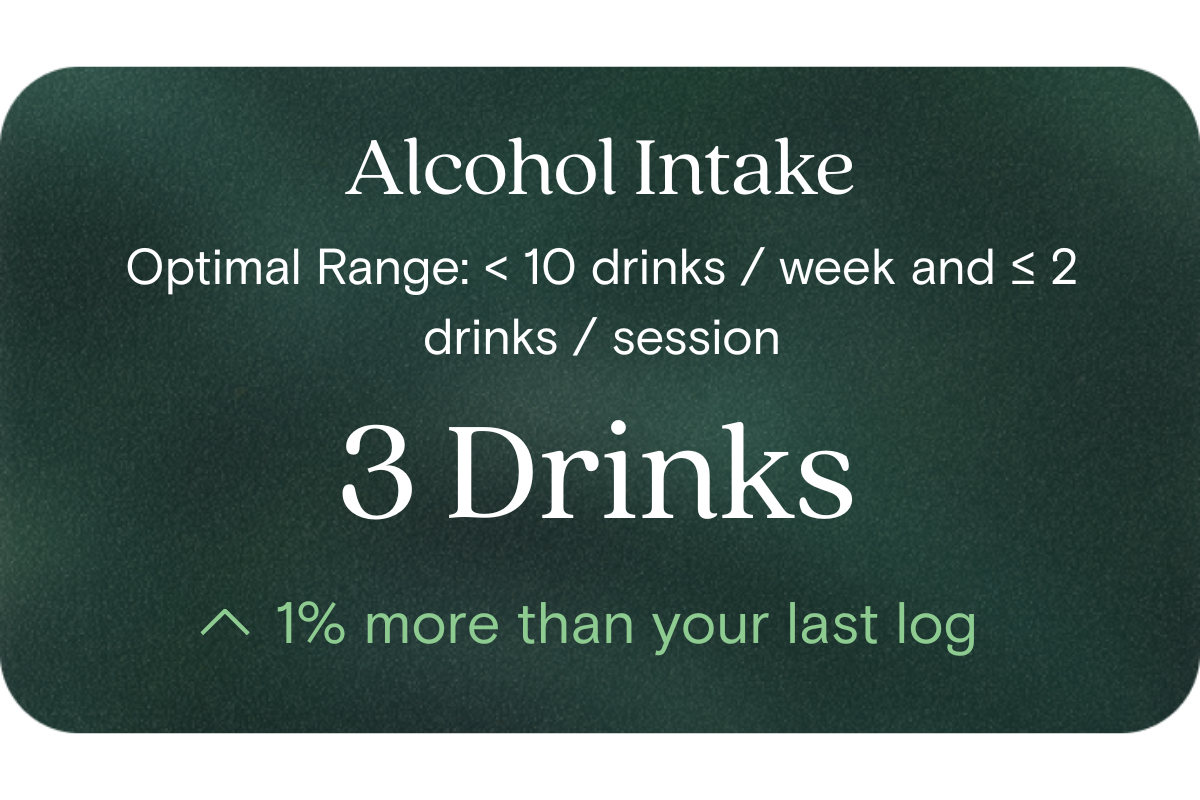











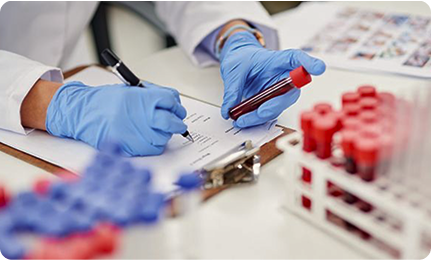
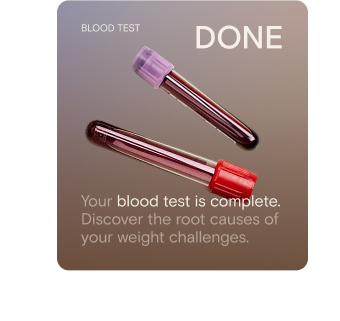
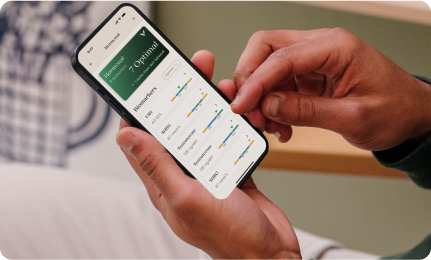
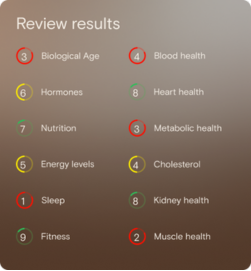

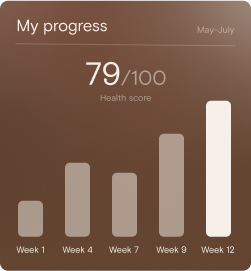


.png)


.svg)

